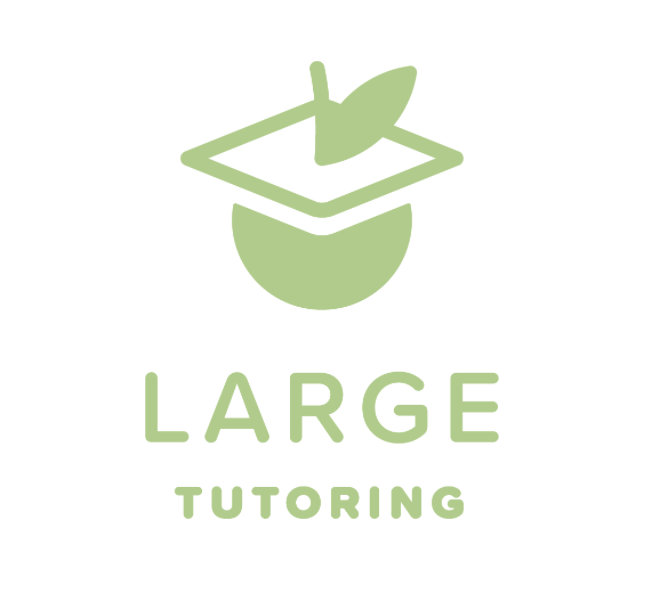PHYSICS STUDY TIPS
Many students perceive physics as a challenging subject that they want to avoid in high school. Its blend of complex concepts, mathematical applications, and theoretical principles can definitely make it seem daunting, at first glance. However, with the right study tips, test preparation strategies, and mindset, physics can be one of the most fun and interesting courses you can take in high school!
In this blog post, we will go over 4 essential tips for excelling in your high school physics class that you can feel confident about the course.
Start with the basics
Physics (and the majority of other STEM courses) is a course that builds on foundational concepts learned from previous classes. Whether you are just getting started or in a phase of test preparation for an exam, the best thing to do first is to review the basic principles. Doing so will ensure that you have a solid foundation before diving into more complex problems.
One recommendation we have is to study with a friend and quiz each other on foundational principles. If you ever run into a question that you are stuck on, go back and re-learn the associated concepts before proceeding.
Master the math
Majority of physics is applied mathematics, which means that proficiency in areas such as algebra, trigonometry, and calculus is crucial for understanding and solving physics problems. It’s not by coincidence that students who do well with math courses also excel in physics. By honing your understanding of the relevant math concepts, you will start to find physics a lot easier as well.
One of the best ways to improve your math skills is to first start with examples from class. Going through a problem you have seen before, and focusing on the why behind each step is a phenomenal way to build up your foundational knowledge while also gaining confidence along the way! From there, you can try to see how those math concepts are intertwined with concepts you learned in physics class. Sooner than later, you will start to see your understanding of physics improve as well. For more tips on mastering math please check out our two blog posts on Math study tips part 1 and part 2.
VISUALIZE the Problem
Let’s face it, some physics problems can be very wordy. With all the descriptions, and numbers that they throw at you, it’s important to stay organized and have a clear mind when solving the problem. The best way to do this, is to visualize the problem by drawing it out. Diagrams, graphs, and/or sketches can be a great way to organize the problem in such a way that you can clearly see the information that is given to you and what you need to solve. Not only will this avoid you from being overwhelmed, it is also a great strategy to make the complex problems more manageable.
UNDERSTAND THE FORMULAS
Understanding the formulas rather than simply referring to your formula sheet can be a great way to get a deeper grasp of physics concepts and applications. Doing so can give you more confidence in taking on increasingly complex problems, setting you up for success for exams. A great way to do so is through doing numerous practice problems that involve a specific formula, and paying attention to how each variable affects the outcome. By thoroughly engaging with practice problems and understanding the nuances of each formula, you'll develop a stronger intuition for physics and be better prepared to tackle challenges that come your way.
At Large Tutoring, we believe that learning should be fun and engaging, which is why in all of our online and in person sessions we strive to tailor the lessons to fit your needs. Physics is one of the most common subjects that we work with, and we have phenomenal high school/university tutors in Vancouver who are ready to give you the support you need to succeed. Whether you are looking for test preparation services, or just to preview the material, signing up for physics tutoring is as easy as sending us a quick message on our contact page. We are here to support you in each step along the way!





